68+ Sample Sales Plans & Sales Strategy
-
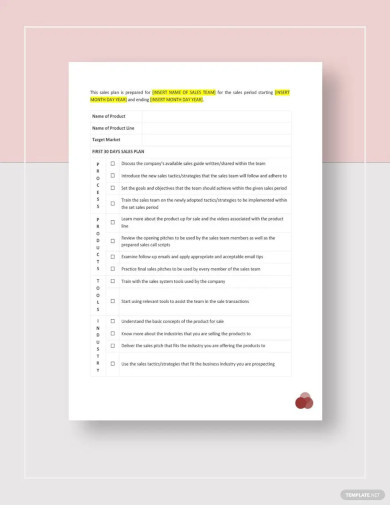
30-60-90 Day Sales Plan Template
download now -

Territory Sales Plan Template
download now -
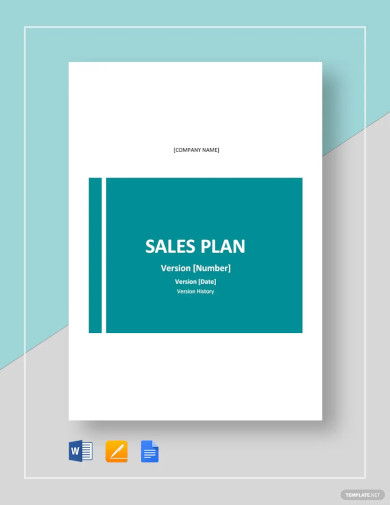
Sample Sales Plan Template
download now -

Hotel Sales Plan Template
download now -
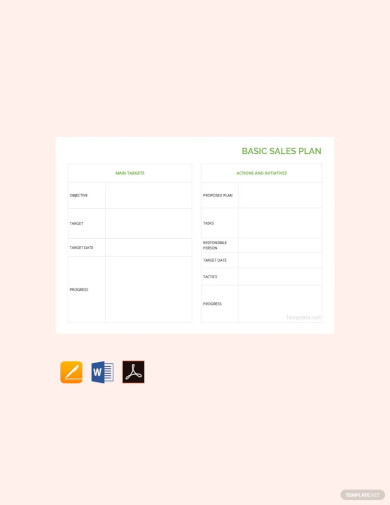
Basic Sales Plan Template
download now -
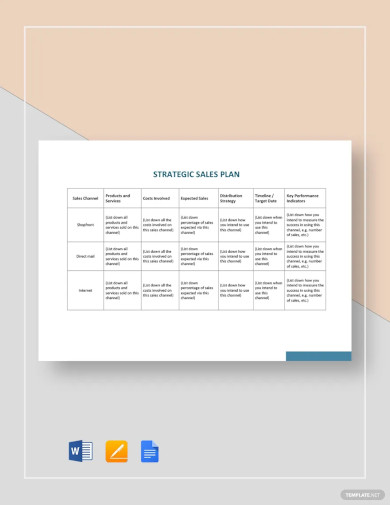
Strategic Sales Plan Template
download now -

Life Insurance Sales Plan Template
download now -
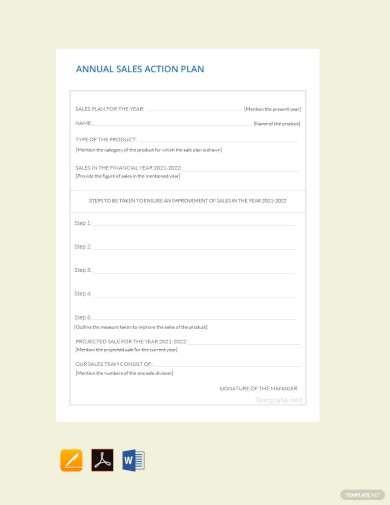
Annual Sales Plan Template
download now -
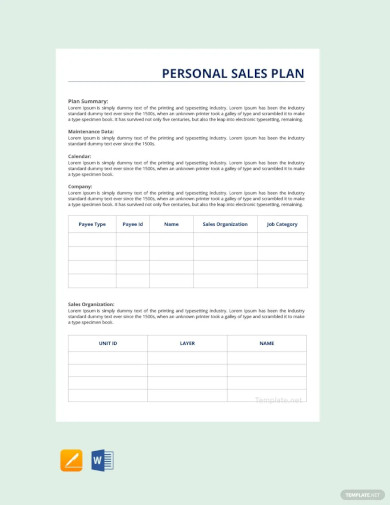
Personal Sales Plan Template
download now -
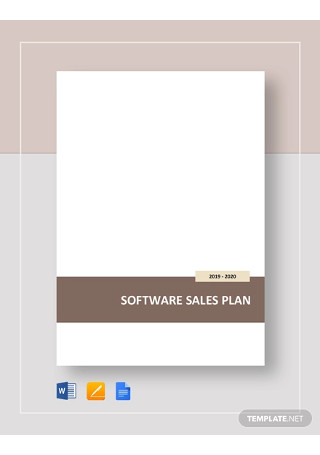
Software Sales Plan Template
download now -

Retail Store Sales Plan Template
download now -
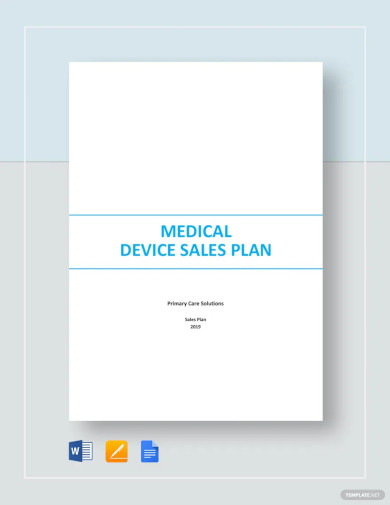
Medical Device Sales Plan Template
download now -

Vegetable Farming Sales Plan Template
download now -

30 60 90 Day Channel Sales Plan Template
download now -
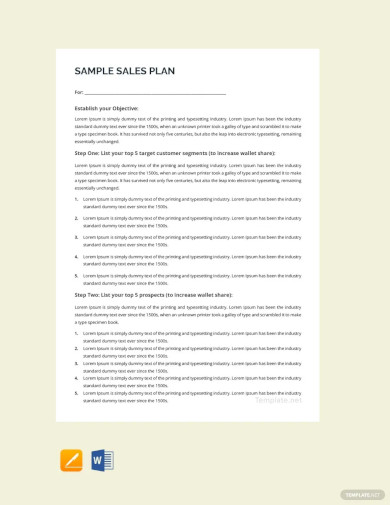
Sales Plan Layout Template
download now -
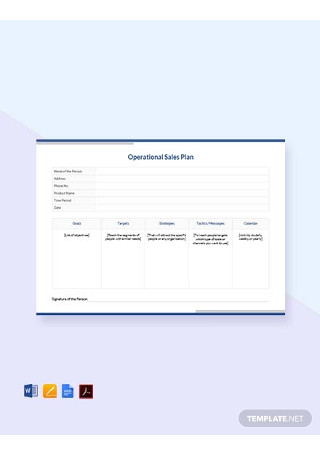
Operational Sales plan Template
download now -

Editable Monthly Sales Plan Template
download now -

General Sales Plan Template
download now -

Basic Strategic Sales Plan Template
download now -

Weekly Sales Plan Template
download now -

B2B Sales Planning for Sales Manager
download now -
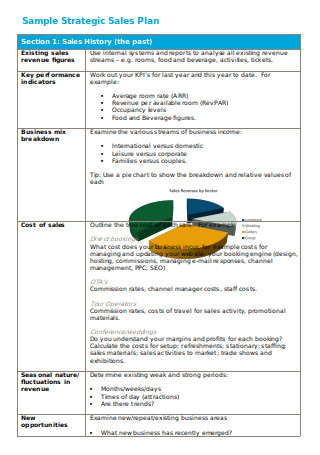
Salesforce Strategic Sales Plan Sample
download now -
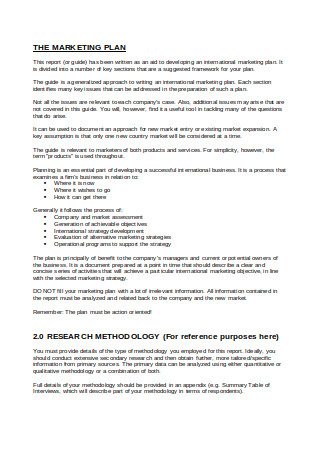
Freshworks Sales Plans & Sales Strategy
download now -
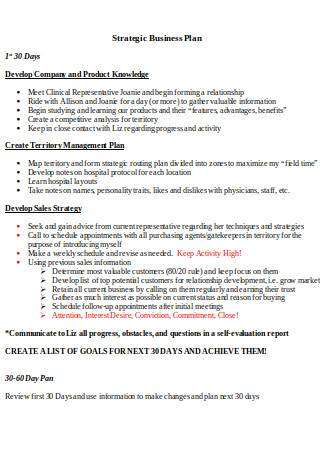
CRM 90 Day Sales Plan Sample
download now -
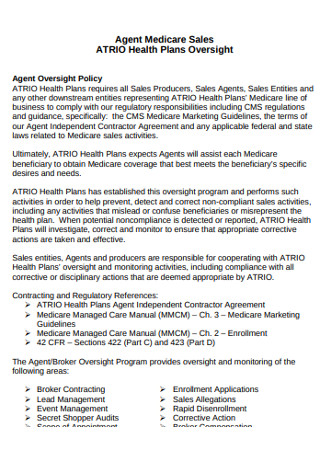
Sales Organization Agent Plan
download now -
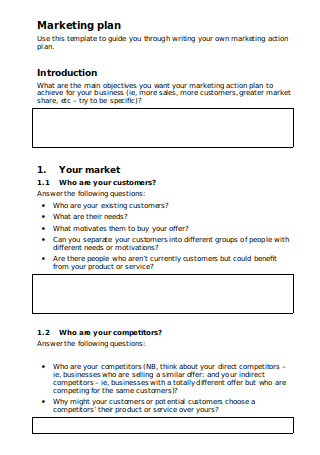
B2B Marketing Action Plan Sample
download now -
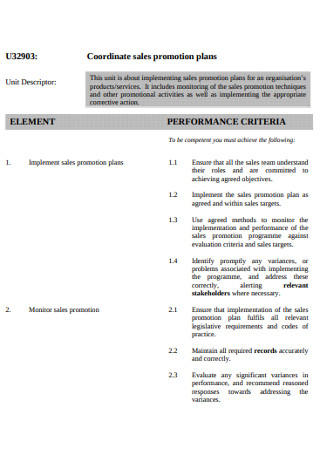
Coordinate sales promotion plans
download now -
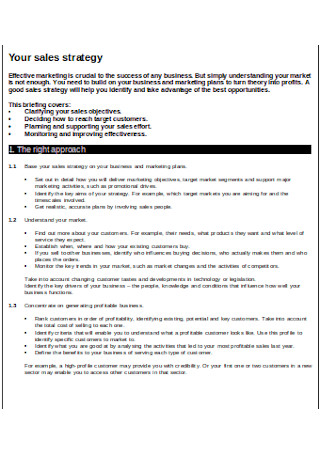
Simple Sales Strategy
download now -
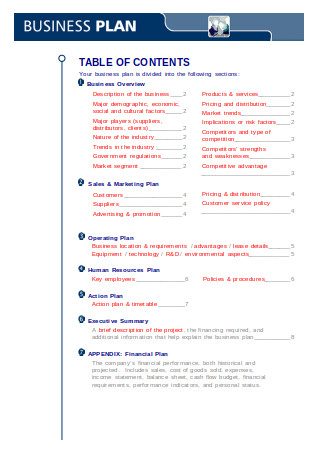
Sales and Marketing Plan Sample
download now -
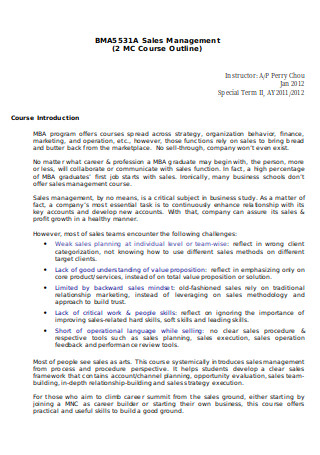
Marketing Management & Strategy
download now -

Industry Sales and Marketing Strategy
download now -
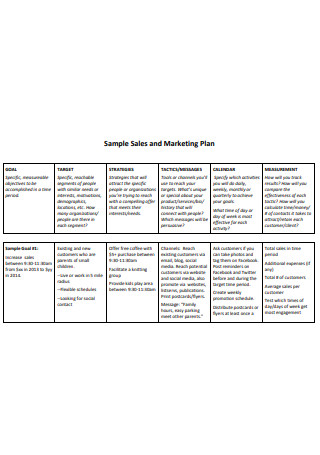
Sample Sales and Marketing Plan Example
download now -

Retail Sales Plans
download now -
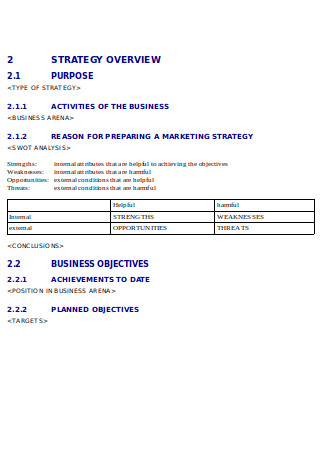
Marketing Strategy Document
download now -
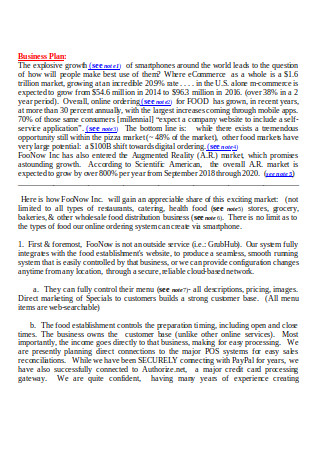
Sales Process to Achieve Sales Plan
download now -
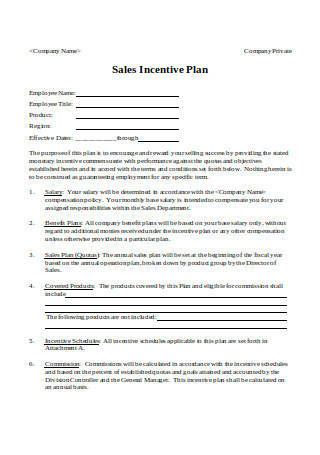
Basic Sales Incentive Plan
download now -
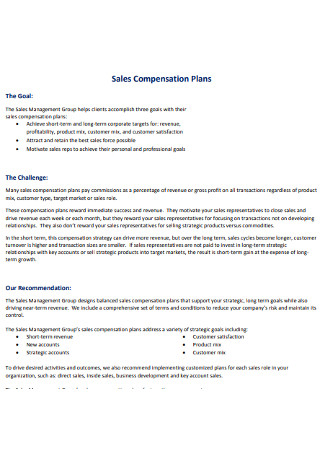
Sales Compensation Plans
download now -
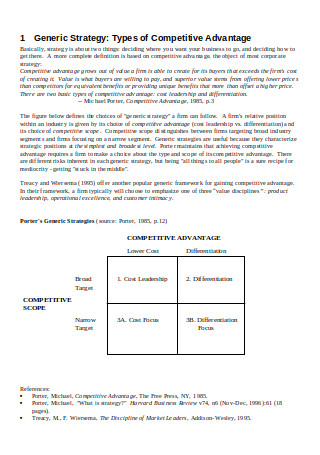
Generic Sales Strategy
download now -
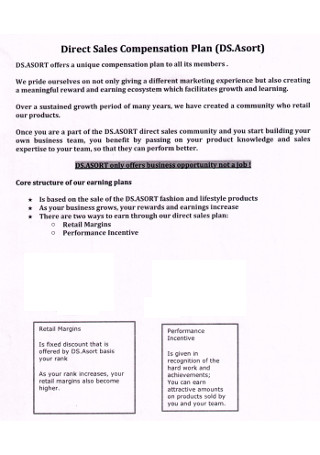
Direct Sales Compensation Plan
download now -

Generic Sales Strategy
download now -
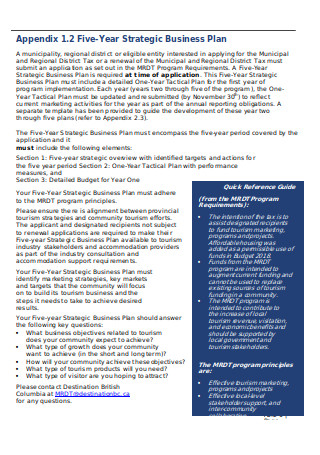
Five Year Strategic Business Plan
download now -
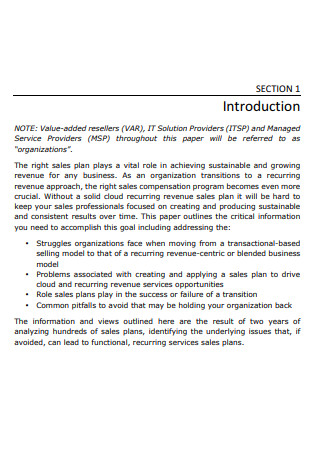
Sample Revenue Sales Plans
download now -
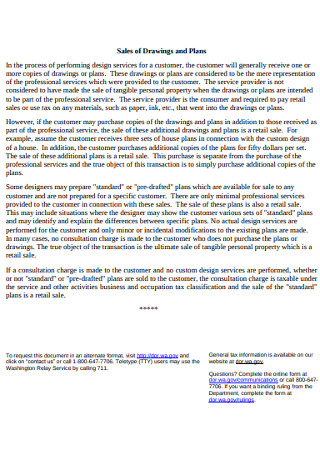
Sales of Drawings and Plans
download now -
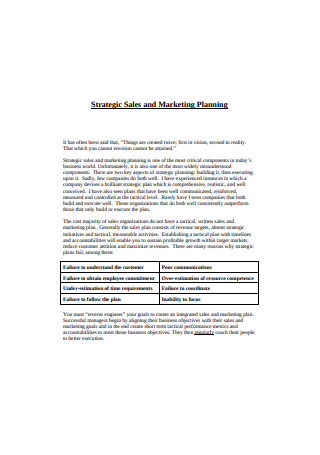
Strategic Sales and Marketing Planning
download now -

New Product Marketing Plan
download now -
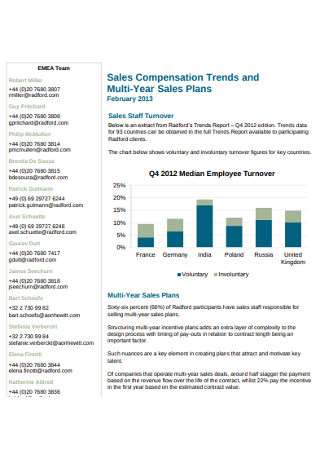
Sales Compensation Multi Year Plan
download now -

Professional Marketing and Sales Plan
download now -

Digital Marketing Plan for a Start Up Brand
download now -
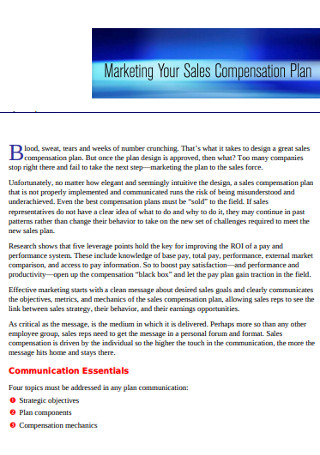
Basic Marketing Sales Plan
download now -
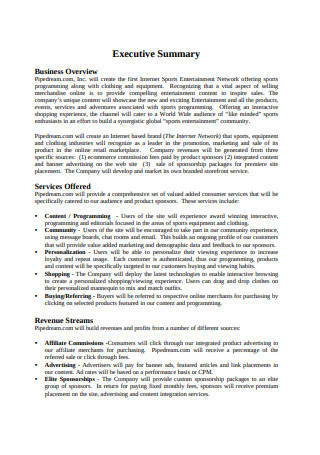
Basic Strategic Business Plan
download now -
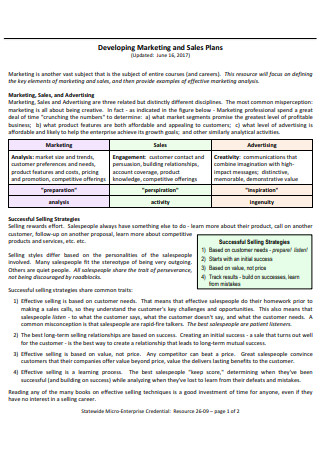
Development of Marketing and Sales Plans
download now -
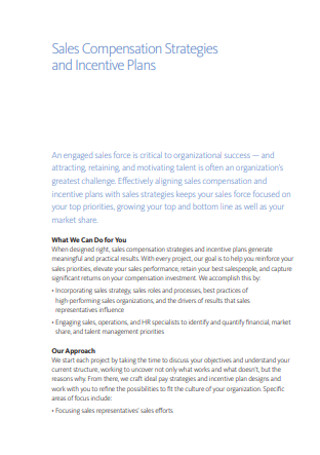
Sales Incentive Plan Example
download now -
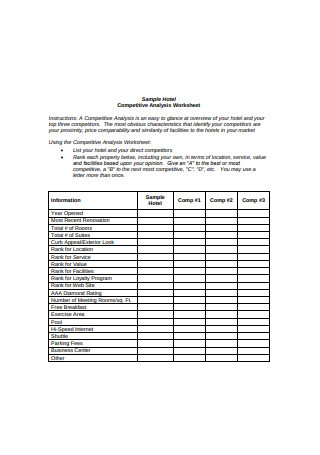
Hotel Sales and Marketing Plan Worksheet
download now -
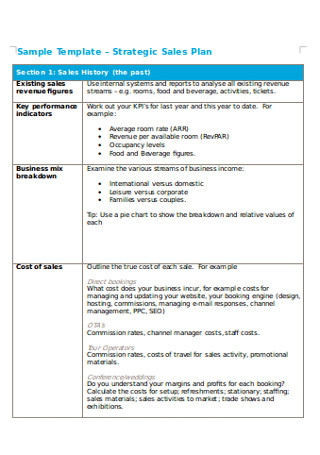
Sample Strategic Sales Plan
download now -

Marketing Plan in Healthcare Industry
download now -
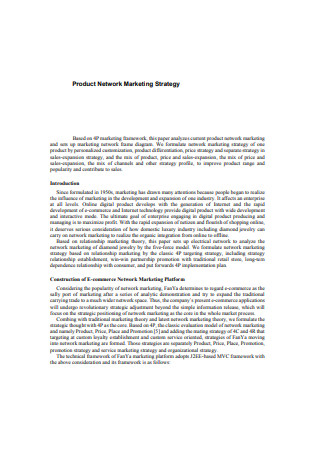
Product Network Marketing Strategy
download now -
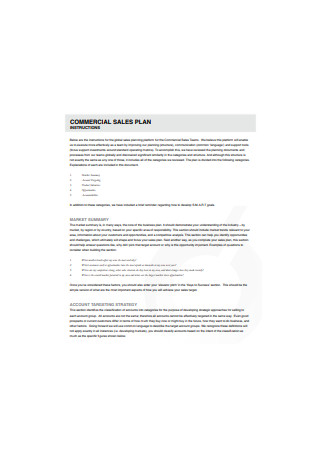
Commercial Sales Plan Sample
download now -
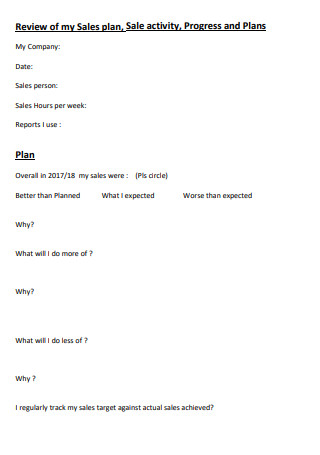
Sale Activity Progress and Plans
download now -
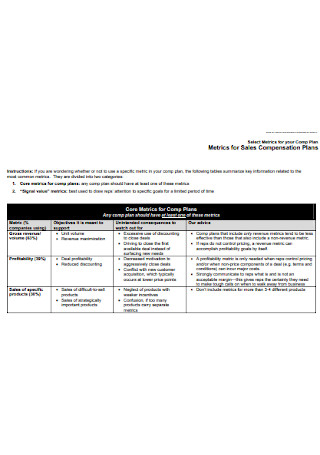
Metrics for Sales Compensation Plans
download now -
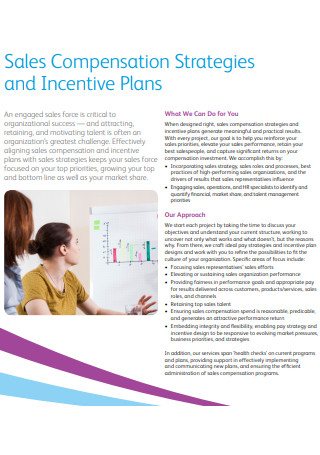
Sales Compensation Strategies
download now -
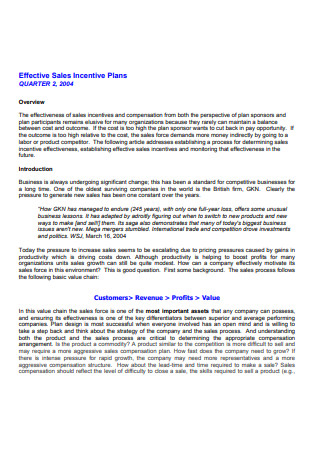
Effective Sales Compensation Plans
download now -
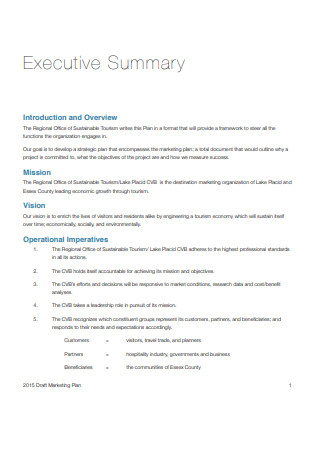
Strategic Sales & Marketing Plan
download now -
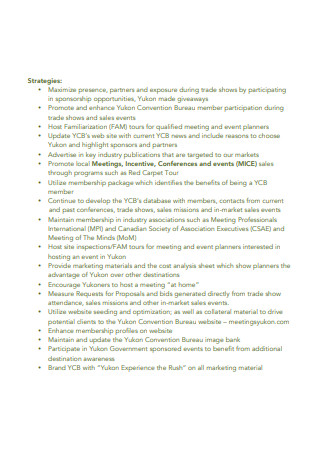
Sales & Marketing Strategy Sample
download now -
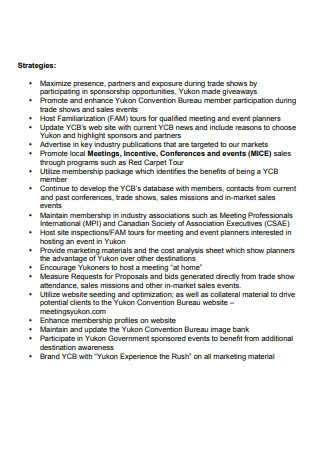
Marketing & Sales Plan Format
download now -
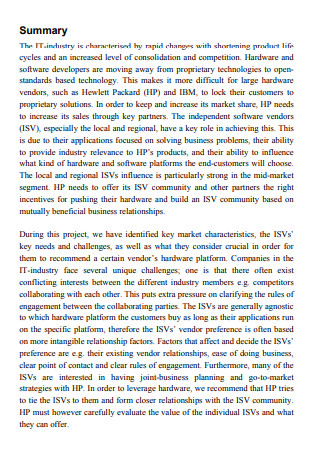
Basic Sales and Marketing Strategy
download now -
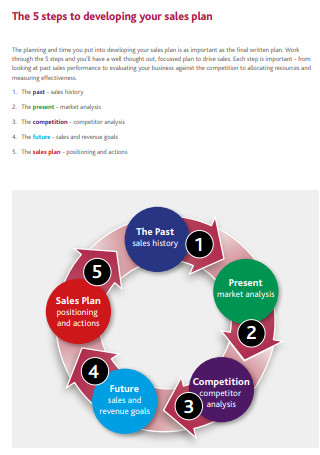
Sales Action Plan Sample
download now -
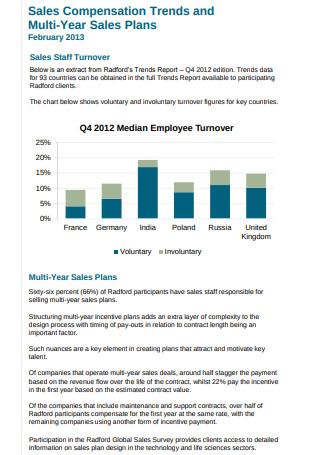
Multi-Year Sales Plans
download now -
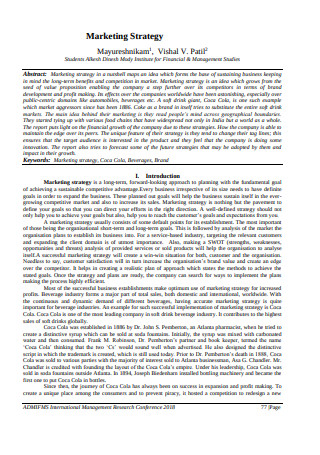
Simple Marketing Strategy
download now -
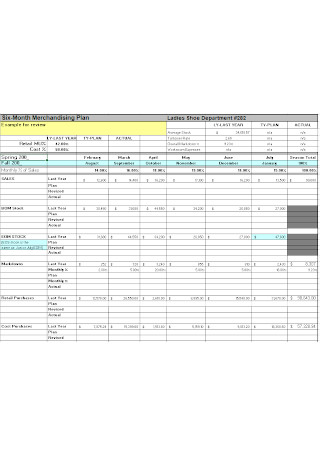
Sample Six Month Sales Plan Template
download now
What Is a Sales Plan and Sales Strategy?
A sales plan and sales strategy are documents that help you lay out the details of your sales objectives, tactics, strategies, customers, potential threats, and more. You can even call it a traditional business plan, except this one focuses specifically on your company’s sales. While a business plan is all about your goals, a sales plan will detail how you can achieve these goals. According to Salesforce, the sales professionals of today spend only 34% of their time engaged in sales. Related to that would be the fact that nearly 50% of deals are lost due to budget, according to Hubspot. Those statistics are enough to highlight why a sales plan is more important than ever these days.
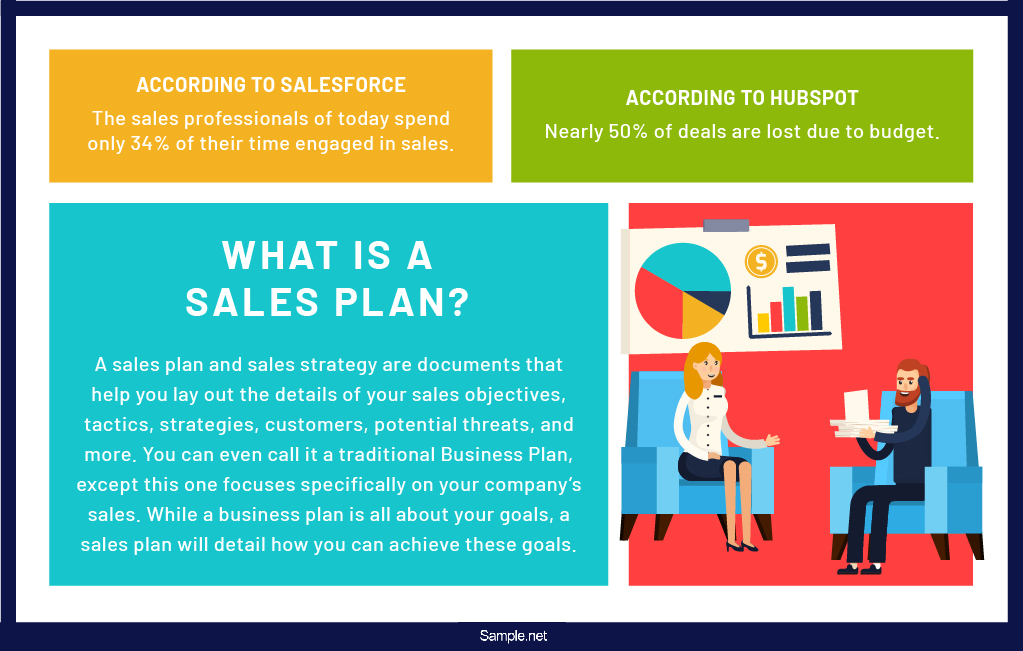
The Important Elements of Sales Plans and Sales Strategies
In order to reach your desired level of success, it is important to include five key elements in your sales plans and strategies. Each of these work hand in hand to take your operations to the next level. Exclude one and you will find yourself falling short of your smart goals.
How to Write a Sales Plan and Sales Strategy
One thing to take note of is the fact that there is no hard-and-fast rule when it comes to a sales plan’s format. Those who have never attempted to draft one before may benefit from a more general step-by-step procedure, so take a look at the instructions below. This can serve as your starting reference but as you grow in knowledge and confidence, you may deviate from the following and create your own variations.
Step 1: Write the Executive Summary
The first step that you will need to finish is the executive summary of your sales plan. Those who are not familiar with this will be glad to know that this is just a summary or a brief statement of the sales proposal. The purpose of this is to help managers when it comes to their decision-making. Once you get this out of the way, you can proceed to the more specific and comprehensive parts of the sales plan.
Step 2: Write Your Company Overview
For the company overview, this is the part where you write down the most essential points regarding your company. It should include a summary of your history, who is part of your management team, the location of your headquarters or where your businesses are based from, what your mission-vision statements are, and your legal structure. Despite being the shortest part of any business plan or sales plan, this is still one of the most important parts since it contains information on your company. Any potential reader who has never heard of your company before may get their hands on your sales plan once it is done and wonder why he or she should care. By writing about your company, you fill the gap between your organization and potential investors.
Step 3: Write the Industry Analysis
What is the state of the industry your business belongs to these days? What are the trends you encounter on a daily basis? Are there specific strengths and opportunities for you to capitalize on? What weaknesses and threats should you be on the lookout for? Answer all of those questions in your industry analysis and you should come up with a realistic outlook on where your company lies in comparison to your competition.
Step 4: Write Your Customer Analysis
Figuring out who your customers are and what they want or need can be incredibly beneficial to your planning efforts. Make it a point to write down in detail the different factors like their age, location, gender, educational attainment, income level, marital status, religion, ethnic background, and more. These factors will help you better identify with who your customers are and how you can zone in on what they need from you.
Step 5: Write the Competitive Analysis
Part of what enables your strategies to succeed in addition to your customers would be your knowledge of your competition. In this section, write down your comprehensive analysis on what makes your competitors stand out. Which part of their operations can use some work? Do they have anything that gives them an edge or you, and vice versa? A SWOT analysis is one way for you to be able to determine the answers to those questions.
Step 6: Write Your Tactics and Strategies
This penultimate step is also going to be the most detailed part of your sales plan. Take note of what you want to accomplish and what you will do about it in both the short term and the long term. Describe the activities you need to do in great detail, from the estimated amount of time it is to be done to what you need in order to accomplish them. Remember to be as specific as possible with your tactics and strategies.
Step 7: Proofread
When all is said and done, reread everything you’ve written and check for any mistakes you may have made. This goes for minor ones like typos, all the way to more serious mistakes such as inaccurate information that can mislead your readers if you do not correct it.
The Dos and Don’ts of Sales Plans and Sales Strategies
Even those who know all the key elements and steps to writing a sales plan will want to receive a few extra tips to further increase their odds of success. The pitfalls one can fall into are numerous, but the things one can do to improve are just as plentiful. Consider the following dos and don’ts and take another step closer towards your ultimate sales goals.
Dos
Do brainstorm with your colleagues and employees.
Getting the input of your team is vital when you consider the fact that sales can be just as much a team effort as it is an individual effort. Take the time to listen to each one or have them submit their ideas to you. Perhaps not all will be applicable, but you never know what you might find. Not mention by doing this, you get a greater insight into what your team members or employees are skilled at.
Do be consistent with the performance reviews.
Part of what makes a sales plan successful is the constant reviewing and measurement of how your present operations are going. There is no need to wait for a specific time period or goal; you may begin reviewing performances now and keep it going. By gathering sales reports and doing your reviews in real-time, you can get updates as soon as possible, which means you can start planning out corrective measures or encourage further training if there are some people that lag behind others.
Do make time for training sessions and workshops.
Complacency has no place in sales. The world is constantly changing and your team needs to be as adaptable as possible. Couple that with your consistent performance reviews and you should be able to see where the gaps are in terms of skill. While the training does not have to be as frequent, take the time to address those skill gaps by introducing training sessions or workshops every now and then. Remember that preparedness meets opportunity and your sales plan would benefit greatly if you and your team stay sharp.
Do plan up to a year ahead in advanced.
Planning ahead isn’t the easiest thing to do, but it helps to provide you and your team with some long term direction. Some may be content with just planning for the short term future, but as much as possible you need to be able to forecast where you see your team in a year’s time. Remember that just because you are planning ahead, it doesn’t mean that everything will happen as expected. Try to be adaptive with your plans and make room for adjustments whenever necessary.
Do consider your customers.
The most important part of your sales journey is the customers that you have and the ones you have yet to meet. Anything you do, whether in the short term or long term, must be done with them in mind. Do your homework on what your target market wants and needs. Look at the present trends as well as the past so that you can try and anticipate future trends. When you have a solid grasp of everything related to your customers, you’ll be able to cater to them in a much more effective manner.
Don’ts
Do not be too random or frequent with your marketing/IT/operations/senior management support requests.
The most successful companies are those whose departments are in sync with one another. Although those departments have their own objectives and tasks to worry about, it is nice for them to be able to support one another during their time of need. For you to request for aid every now and again is fine, but doing it at random and inconvenient moments can be disruptive to them. It will also throw your own plans out the window if other departments keep getting involved. As much as possible, limit your support requests and when you do need them, ensure that proper communication is in play.
Do not wait for the end of each quarter to judge or review performance.
This relates to one of the ‘dos’ stated above regarding the fact that there’s really no need for you to wait for a specific time to do performance reviews. Some do wait for the end of each quarter, but it is worth looking at things on a more regular interval. There are merits to do weekly reviews, bi-monthly reviews, and monthly reviews. You’ll get more done because the feedback will come more often. There’s also the fact that you won’t be stressed out about all the performance reviews bottling up at the end of the quarter.
Do not just recycle your older sales plans and strategies from previous years.
If you failed to achieve everything you wanted to achieve a year before, do not fall to the temptation of recycling them for this year. There are reasons why they didn’t work after all. Sure, some of the reasons may boil down to a terrible stroke of luck or an unforeseen and unavoidable circumstance, but sometimes it can be to factors that were avoidable and you just missed the signs. Perhaps those plans failed because of its execution by less than competent or ill trained employees. Regardless of the reason, leave the past behind and come up with new ones for this year. The environment has changed since then and new circumstances surround your present opportunities.
Do not execute your plans in the same manner as before.
You must be aware of what some people term as the definition of insanity: doing the same thing over and over again and expecting a different result. When it comes to the execution of your sales strategies, you need to consider what worked for you in the past and what hasn’t. It should go without saying that replicating methods that didn’t work then won’t work now. However, it is even more important to advise against repeating old tricks, especially when trends, circumstances, and opportunities have changed since then. Be adaptive instead of repetitive.
As you can see, there’s a lot to take into consideration. All of which are worth looking into and you can be assured that your endeavors will now have a greater chance of succeeding than ever before. Those who do not want to start from scratch can just acquire online resources like sales plan templates. Just edit it in the key areas with your necessary details and you should be all set for your journey into the world of sales.
